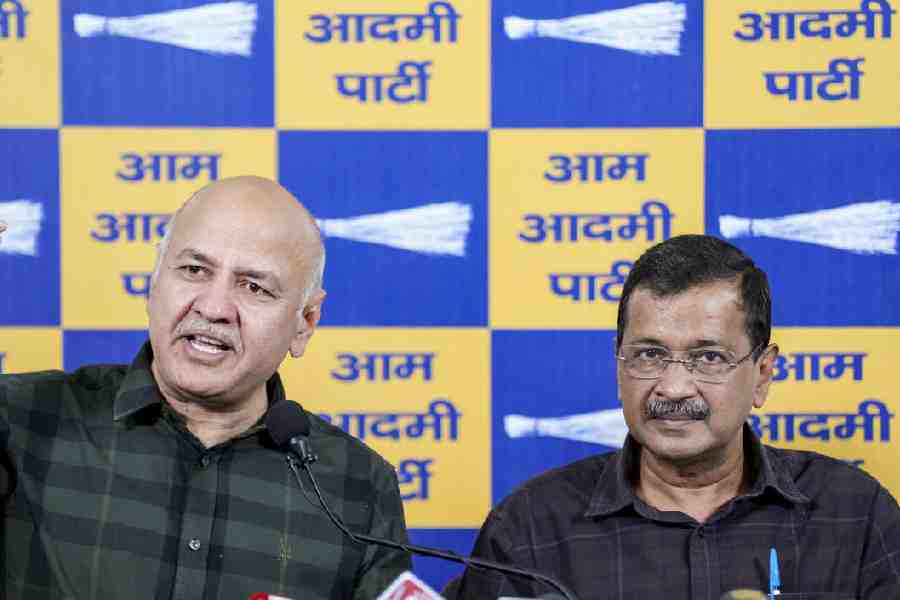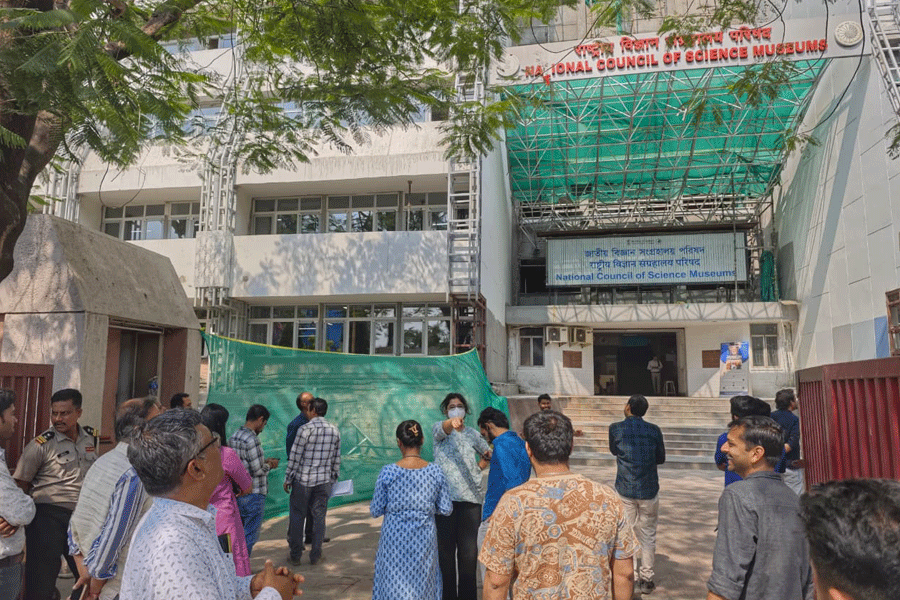The softening of global prices of wheat has prompted flour mills in India to urge the central government to reassess the import duty to help build a buffer stock of the foodgrain.
The first advanced estimate for the production of food grains shows that wheat production in 2023-24 was 113.2 million tonnes (mt). This year it is projected at around 115 mt. Data from the Food Corporation of India shows the central pool wheat buffer stock as of February 1, 2025 was 16.17 mt, which has increased from 7.5 mt seen in April 2024 but is still less than the high of 60.35 mt in July 2021.
Data from the World Bank shows that US hard red winter wheat prices have come down from $380.36 per tonne as of January 2023 to $254.09 per tonne in January 2025.
“We have urged the government to reassess the import duty. Today Indian production is almost equivalent to the supply. Although there is no scarcity at the moment, there is not sufficient wheat to meet any contingency,” Rohit Khaitan, vice-president, Roller Flour Millers’ Federation of India told The Telegraph. In April 2019, import duty on wheat was increased to 40 per cent from 30 per cent to boost procurement by the government agencies.
“International markets are at a low. Based on actual harvest data the government needs to reassess whether the import duty should be brought down to 30 per cent or 20 per cent or lower to facilitate import in India,” Khaitan said.
“Last year’s production estimated by the government was 113 mt and as per the industry’s estimate it was 106 mt. So we ended up with a buffer stock of around 7 mt (in April). This is like walking on a tightrope where a slight wrong step can result in a dire situation,” Khaitan said.
Against the government’s estimate of 115 mt production in the current year, the industry is estimating production at 109 mt.
“Even with a 2-3 per cent rise in production, consumption is also expected to rise 1-2 per cent, resulting in similar buffer stock levels,” Khaitan said.
The roller flour millers, who grind almost 35-40 mt of wheat annually, have also sought a dedicated wheat board to promote research and development for the benefit of farmers and processing industries.
“In this year’s budget, the government has announced the establishment of the Makhana board. We urge the government to consider setting up a similar board for wheat. A dedicated Wheat Board would provide essential research, policy guidance and market expansion opportunities,” said Navneet Chitlangia, president Roller Flour Millers’ Federation of India.










